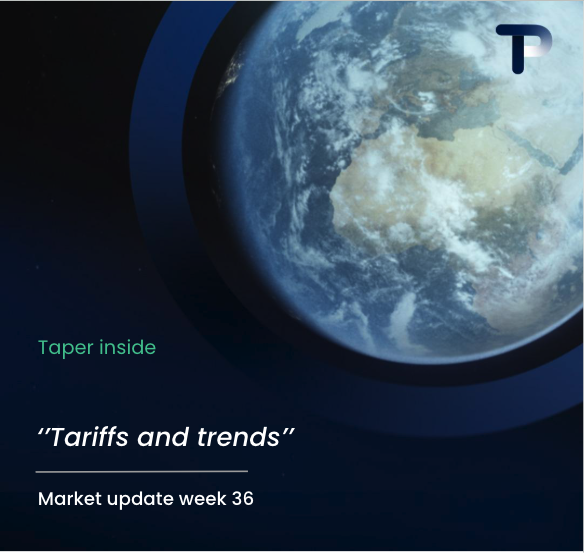Currency mismatches occur when your business pays international suppliers in a different currency than originally agreed, planned, or budgeted for. You can avoid these costly discrepancies by establishing clear payment terms in preferred currencies, using multi-currency accounts to hold funds in various denominations, implementing forward contracts to lock in exchange rates, and choosing payment methods that minimise foreign exchange risk such as local currency transfers or specialised international payment platforms.
What Causes Currency Mismatches When Paying Overseas Suppliers?
Currency mismatches typically arise from poor planning and communication gaps between you and your international suppliers. The most common scenario involves receiving invoices in currencies different from what you expected or budgeted for.
Invoice currency differences create immediate problems when suppliers issue bills in their local currency whilst you’ve planned payments in your home currency. This forces unexpected conversions at potentially unfavourable rates. Many businesses discover too late that their German supplier invoices in euros, not pounds, despite initial discussions suggesting otherwise.
Timing delays between orders and payments amplify currency mismatch risks significantly. Currency fluctuations can shift dramatically between the order date and payment due date, especially for businesses with extended payment terms. A supplier quote valid for 30 days might become substantially more expensive if your currency weakens during that period.
Lack of proper currency planning in procurement processes compounds these issues. Without dedicated FX risk management strategies, businesses often make ad-hoc currency decisions that accumulate into significant financial exposure over time.
How Do You Prevent Currency Exposure With International Payments?
Preventing currency exposure requires a combination of strategic planning and practical financial tools. The most effective approach involves establishing clear payment terms with suppliers in your preferred currencies from the outset of any business relationship.
Forward contracts provide excellent protection against currency fluctuations by allowing you to lock in today’s exchange rate for future payments. These agreements guarantee specific rates regardless of market movements, giving you predictable costs for international transactions up to 12 months in advance.
Natural hedging strategies work particularly well for businesses with both international income and expenses. By matching currency inflows with outflows, you can offset exposure naturally without complex financial instruments. Companies receiving euros from customers can use those same euros to pay European suppliers, eliminating conversion costs entirely.
Multi-currency account management offers tremendous flexibility for international businesses. These accounts allow you to hold funds in multiple currencies simultaneously, enabling you to pay suppliers in their preferred currency whilst avoiding conversion fees. You can also time your currency exchanges to take advantage of favourable rates.
Which Payment Methods Reduce Foreign Exchange Risk?
Several payment methods significantly reduce foreign exchange risk, with multi-currency IBANs leading the pack for comprehensive risk management. These accounts enable you to maintain balances in various currencies and make payments directly without conversion.
Multi-currency IBANs eliminate conversion timing risks by allowing you to hold funds in supplier currencies before payment due dates. You can convert currencies when rates are favourable rather than being forced to convert at payment time. This approach provides both cost savings and risk mitigation.
Local currency payments through specialised international payment platforms offer another effective solution. These services often provide better exchange rates than traditional banks whilst offering transparent fee structures. Many platforms also include rate alerts and automated conversion features to optimise your timing.
| Payment Method | Risk Reduction | Cost Efficiency | Speed |
|---|---|---|---|
| Multi-currency IBAN | High | High | Fast |
| Local currency transfers | High | Medium | Fast |
| Traditional bank transfers | Low | Low | Slow |
| International payment platforms | Medium | High | Fast |
Specialised international payment platforms designed for businesses often combine multiple risk reduction features. These solutions typically offer competitive exchange rates, transparent pricing, and advanced tools for managing cross-border transactions efficiently.
The key to successful currency mismatch prevention lies in combining multiple strategies rather than relying on a single approach. By establishing clear supplier agreements, maintaining multi-currency capabilities, and choosing appropriate payment methods, you can significantly reduce foreign exchange risk whilst maintaining smooth international business relationships. At TaperPay, we understand these challenges and provide comprehensive solutions to help businesses navigate international payments with confidence and control.
Hi there! 👋 I see you're reading about multi-currency IBAN accounts for supply chain payments. Smart choice - these accounts can save businesses 2-4% on every international transaction!
What best describes your current situation with international supplier payments?
Which of these challenges are you currently facing with international payments? (Select all that apply)
What's driving your interest in multi-currency payment solutions? Tell us about your business goals or challenges.
Great! To help us understand your specific needs better, could you share more details about your international payment volume or any particular requirements?
Perfect! Let's connect you with one of our international payments specialists who can show you exactly how Taper's multi-currency IBAN accounts can save you money and streamline your supply chain payments.



